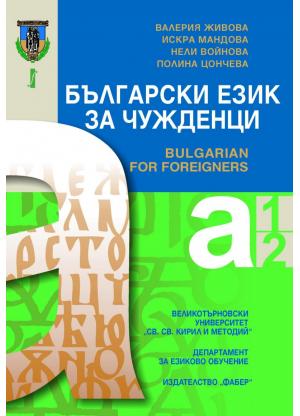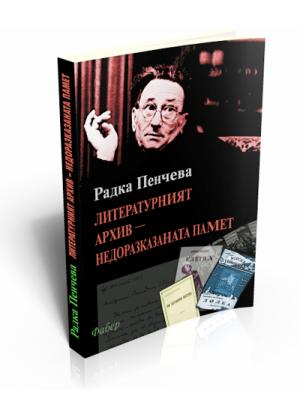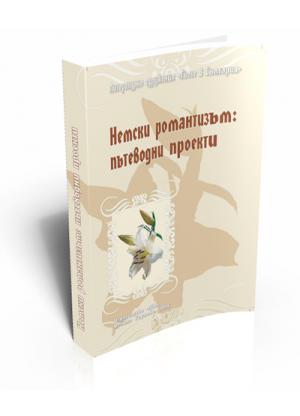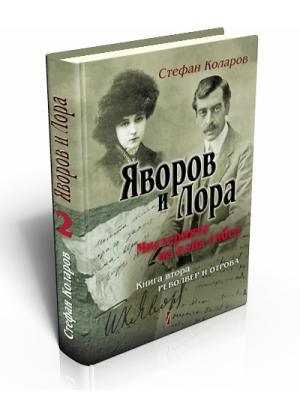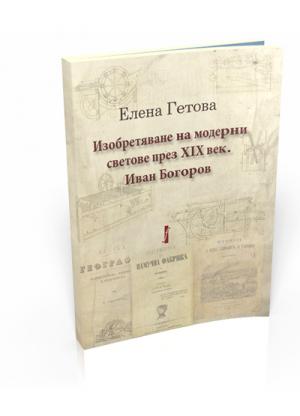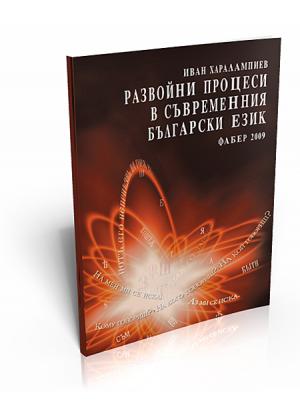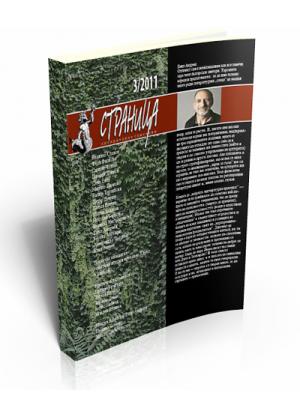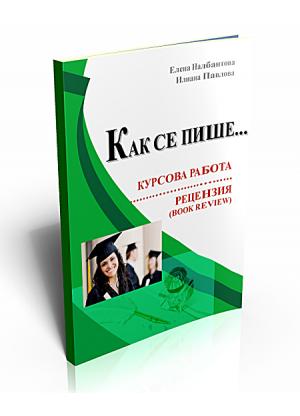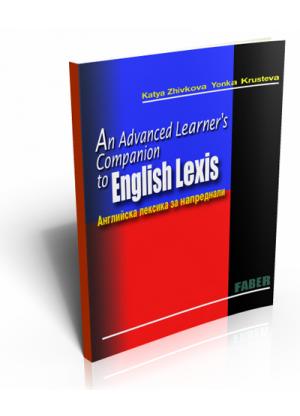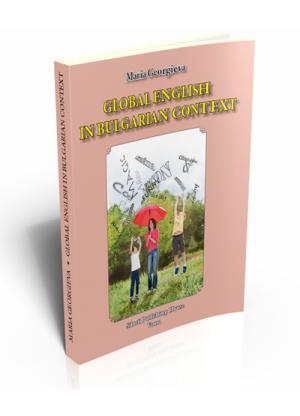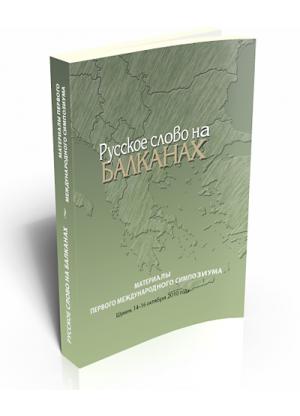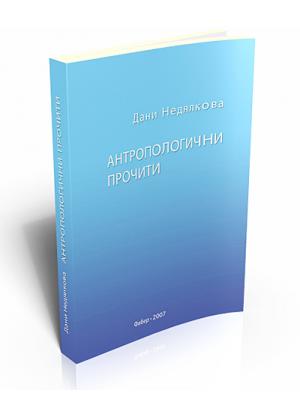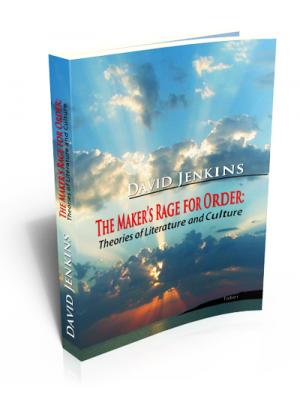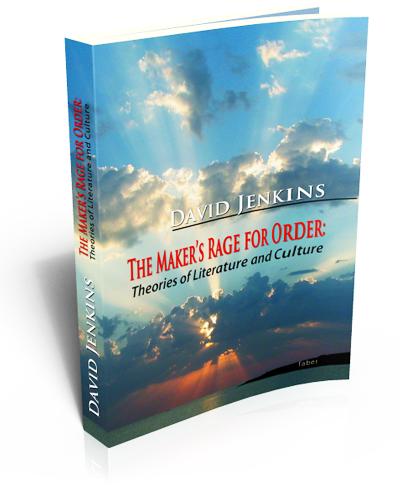
The Maker’s Rage for Order: Theories of Literature and Culture
CONTENTS
LESSON ONE: The Classical World
Plato, Republic (Book X) (about 370 B.C.); Ion (about 390 B.C.)
Aristotle, Poetics (about 335-322 B.C.)
Sophocles, Oedipus Rex (430 B.C.)
Longinus, “On the Sublime” (probably 3rd century)
Plotinus, “On the Intellectual Beauty” (about 250)
Horace, “Epistle to the Pisones” (about 20 B.C.)
LESSON TWO: Neoclassicism
Sir Philip Sidney, “An Apology for Poetry” (1595)
Ludovico Castelvetro, The Poetics of Aristotle Translated and Explained (1570)
Pierre Corneille, “On the Three Unities of Action, Time, and Place” (1651)
Nicolas Boileau-Despréaux, The Art of Poetry (1683)
Alexander Pope, “An Essay on Criticism” (1711)
Samuel Johnson, “Preface to Shakespeare” (1765)
Gotthold Ephraim von Lessing, Laocoön (1766)
LESSON THREE: Romanticism
M. H. Abrams, The Mirror and the Lamp (1953)
William Wordsworth, “Preface” to Lyrical Ballads (1800)
Samuel Taylor Coleridge, Biographia Literaria (1817)
John Keats, “Four Letters” (1817-1818)
Percy Bysshe Shelley, “A Defence of Poetry” (1821, published 1840)
Edgar Allan Poe, “The Poetic Principle” (1850)
Frank Norris, “A Plea for Romantic Fiction” (1901)
LESSON FOUR: Criticism in the Modern Age
Matthew Arnold, “The Study of Poetry” (1880)
Walter Pater, Studies in the History of the Renaissance (1873)
Henry James, “The Art of Fiction” (1884)
Lev Tolstoy, What is Art? (1898)
T. S. Eliot, “Tradition and the Individual Talent” (1920); “Hamlet and His Problems” (1920)
John Crowe Ransom, “Criticism as Pure Speculation” (1941)
Cleanth Brooks, “Irony as a Principle of Structure”(1948); “Keats’s Sylvan Historian:
History Without Footnotes” (1942)
Kenneth Burke, “Psychology and Form” (1925); “Symbolic Action in a Poem by
Keats” (in A Grammar of Motives, 1969)
Pragmatism: Ralph Waldo Emerson (1803-1882), William James (1842-1910), Oliver Wendell Holmes Jr. (1841-1935), John Dewey (1859-1952), Mikhail Bakhtin (1895-1975), Ihab Hassan (1925- )
LESSON FIVE: Structuralism
Ferdinand de Saussure, “Nature of the Linguistic Sign” (in Cours de Linguistique
Generale, 1916)
Vladimir Propp, Morphology of the Folktale (1928)
Roman Jakobson, “The Twofold Character of Language”; “The Metaphoric and
Metonymic Poles” In Selected Writings, 1971)
Peter Steiner, “Three Metaphors” (in Russian Formalism: A Metapoetics, 1984)
Robert Scholes, “Toward a Structuralist Poetics of Fiction” (in Structuralism in
Literature, 1974)
Northrop Frye, “The Archetypes of Literature” (1951)
David Lodge, “Interpretation of the Realist Text” (in Poetics Today, 1980)
Roland Barthes, “Introduction to the Structuralist Analysis of Narratives” (1966);
Mythologies (1957); “The Struggle with the Angel” (in Image Music Text, 1977)
LESSON SIX: Poststructuralism and Deconstruction
Roland Barthes, “The Death of the Author” (1968)
Jacques Derrida, “Structure, Sign, and Play in the Discourse of the Human Sciences” (1966)
Barbara Johnson, “The Frame of Reference: Poe, Lacan, Derrida” (1977)
M. H. Abrams, “The Deconstructive Angel” (in Critical Inquiry, 1977)
Stanley Fish, “Is There a Text in This Class?” (1980)
Tzvetan Todorov, “How to Read” (1969)
LESSON SEVEN: Criticism and Ideology
Sigmund Freud, “The Dream Work” (1900); “Creative Writers and Day-Dreaming”
(1908)
Harold Bloom, “Freud and the Sublime: The Catastrophe Theory of Creation” (1980)
Sandra Gilbert and Susan Gubar, “Forward into the Past: The Female Affiliation Complex” (in No Man’s Land) (1988)
Virginia Woolf, “Shakespeare’s Sister” (in A Room of One’s Own) (1929)
Elaine Showalter, “Representing Ophelia: Women, Madness, and the Responsibilities of Feminist Criticism” (1985)
Stephen Greenblatt, “Shakespeare and the Exorcists” (1985)
Terry Eagleton, Marxism and Literary Criticism (Chapters 1 and 2) (1976)
Henry Louis Gates Jr., “The Trope of the Talking Book (in The Signifying Monkey) (1988)
Edward Said, Orientalism (1978); “Orientalism Reconsidered” (in Reflections on Exile, 2002)
Clifford Geertz, “Deep Play: Notes on the Balinese Cockfight” (in Daedalus, 1972)
LESSON EIGHT: Contemporary Poets Discuss Their Craft
Part One: Poets Writing in Languages Other than English
Osip Mandelstam (1891-1938)
Boris Pasternak (1890-1960)
Czeslow Milosz (1911- )
Günter Kunert (1929- )
Federico Garcia Lorca (1898-1936)
Fernando Pessoa (1888-1935)
Luis Cernuda (1902-1963)
Antonio Machado (1875-1939)
Eugenio Montale (1891-1981)
Paul Valery (1871-1945)
René Char (1907-1988)
George Seferis (1900-1971)
Part Two: Poets Writing in English
Wallace Stevens (1879-1955)
William Carlos Williams (1883-1963)
Marianne Moore (1887-1972)
Louise Bogan (1897-1970)
Hart Crane (1899-1932)
Randall Jarrell (1914-1965)
W. H. Auden (1907-1973)
Dylan Thomas (1914-1953)
Robert Duncan (1919-1988)
Denise Levertov (1923-1997)
A. D. Hope (1907-2000)
Seamus Heaney (1939- )
Wendell Berry (1934- )
Gary Snyder (1930- )
| Жанр | Литературознание / Езикознание |
| Размер | 17 x 24 cm |
| Страници | 344 страници |
| Подвързия | Мека подвързия |
| Език | Английски |

 Запитване за оферта
Запитване за оферта 
